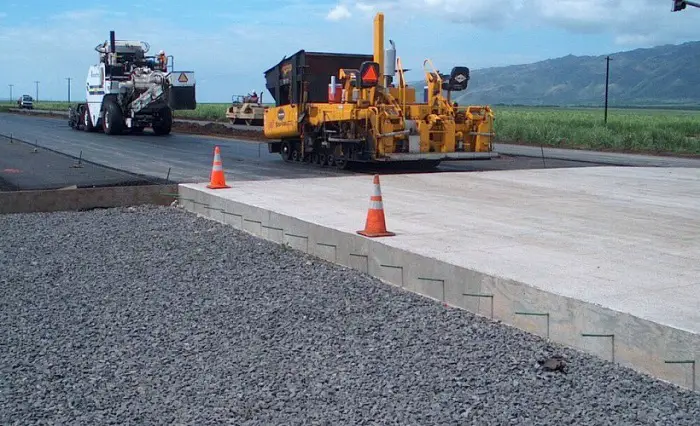The National Treasury of Kenya has allocated US $54m to be used in the construction of special lanes for high-capacity buses in efforts to decongest Nairobi roads.
According to the Treasury, the cash injection will be a boost for the building of a bus rapid transit (BRT) system that had stalled due to a lack of funds to put up supporting infrastructure and buy the high-capacity buses from South Africa. The BRT system has been designed to improve a city’s public transport network relative to conventional buses.
“Increase is on account of donor commitment and provision for procurement of bus rapid transport,” said the Treasury in the supplementary budget for the year ending June.
Also Read:Construction of Kenya’s Kibwezi-Mutomo-Kitui road 53% complete
Bus Rapid Transit (BRT)
Revised estimates for the current year show that the budget for urban and metropolitan development increased from US $186m to US $241m on account of BRT. The city bus lane project include construction of overhead pedestrian crossings every kilometre for passengers to access the pickup points on the special lanes.
Nairobi has in recent years witnessed an explosion of cars that is unmatched by the expansion of roads. The project will see creation of special lanes dedicated to more efficient buses.
The routes that have been mapped to have the lanes include; Haile Selassie Avenue, Moi Avenue, Kenyatta Avenue and University Way in the in the city centre while outside the central business district, include; Thika Road, Jogoo Road, Mombasa Road and Outer Ring Road. Each bus is expected to have a capacity of about 160 passengers who will use cards for payment.
In 2016, Dare slam became the first city in East Africa to launch a BRT system, which has helped ease public transport. Dar completed the first phase of the 21km rapid transit system, which has five terminals, 27 stations, seven feeder and three connector stations. About 140 buses operate daily on the special lanes.

Leave a Reply